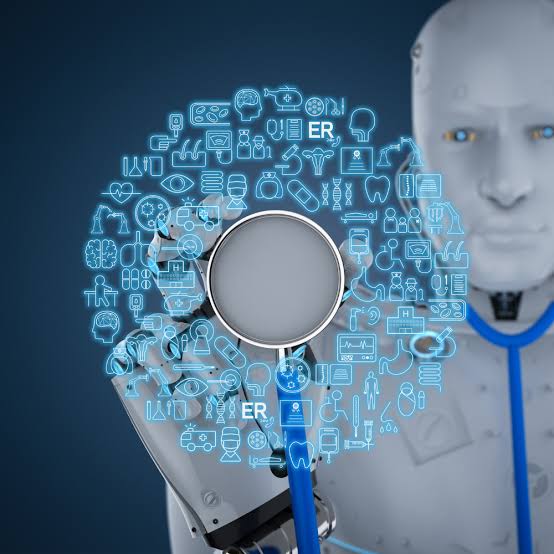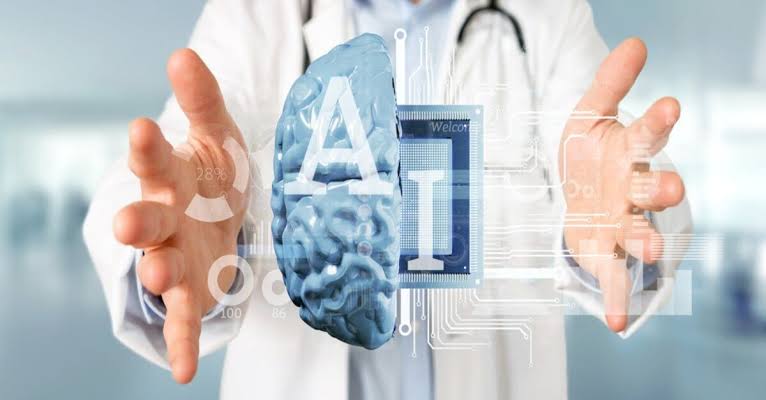
What Is Medical Coding
Medical coding is the process of translating medical diagnoses, procedures, and treatments into standardized alphanumeric codes. These codes are essential for billing, insurance claims, and maintaining accurate patient records. Medical coders review clinical documentation, analyze patient information, and apply the appropriate codes using systems like ICD (International Classification of Diseases) and CPT (Current Procedural Terminology).
Traditionally, medical coding has been a human-driven task requiring precision, expertise, and an understanding of medical terminology. However, with the rise of AI technologies, this process is undergoing significant transformation.
How AI Is Transforming Medical Coding
Artificial Intelligence, particularly in the form of machine learning and natural language processing (NLP), is being applied to automate and enhance medical coding processes. Here are some key ways AI is impacting medical coding:
1. Increased Efficiency
AI-powered tools can process vast amounts of medical data quickly and accurately. By analyzing clinical notes, diagnoses, and treatments, AI algorithms identify relevant codes without requiring manual intervention. This increased speed helps reduce the workload on medical coders, allowing healthcare providers to focus more on patient care.
2. Enhanced Accuracy
Errors in medical coding can result in claim denials, financial losses, and compliance issues. AI systems are designed to minimize such errors by consistently applying coding rules and cross-referencing vast databases. Machine learning algorithms continuously improve accuracy over time by learning from previous coding patterns and errors.
3. Cost Reduction
Implementing AI in medical coding can significantly reduce administrative costs. Automated systems require fewer human resources, leading to lower operational expenses. Hospitals and clinics can benefit from improved revenue cycle management as claims are processed more efficiently.
4. Handling Large Data Sets
With the growing volume of patient data, medical coders often struggle to keep up with documentation demands. AI tools excel at managing large-scale data, ensuring that even complex cases are coded accurately and promptly. This is particularly beneficial for healthcare systems dealing with high patient volumes.
The Importance of Human Expertise
While AI offers numerous advantages, it is not without its limitations. Despite its ability to analyze data and identify patterns, AI lacks the human judgment and contextual understanding required in certain medical cases. For example:
Ambiguity in Documentation: Clinical notes can sometimes be unclear or incomplete. Medical coders rely on their expertise to interpret ambiguous information, whereas AI may struggle to identify the correct codes.
Patient-Specific Nuances: Healthcare involves unique situations that require human discretion. Coders consider individual circumstances, such as comorbidities and treatment complexities, which AI may overlook.
Ethical and Compliance Concerns: Accurate coding ensures compliance with healthcare regulations. Human coders are trained to uphold ethical standards, ensuring integrity in medical billing and documentation.
Thus, rather than completely replacing human coders, AI is more likely to serve as a powerful tool that complements their work.
Will AI Take Over Medical Coding?
The question of whether AI will take over medical coding depends on how the technology is integrated into the healthcare system. While AI offers significant improvements in efficiency, accuracy, and cost reduction, it is unlikely to fully replace human coders in the near future. Instead, a collaborative approach is emerging, where AI assists coders by automating repetitive tasks and providing suggestions, while humans handle complex and nuanced cases.
Moreover, AI requires oversight and validation to ensure its recommendations are accurate. Medical coders will play a critical role in supervising AI systems, resolving discrepancies, and maintaining compliance with coding guidelines.
Reasons for Adopting AI in Medical Coding
The adoption of AI in medical coding is driven by several factors:
- Growing Data Volumes: The exponential growth of healthcare data demands faster and more efficient coding solutions.
- Labor Shortages: The shortage of skilled medical coders has prompted healthcare providers to explore AI solutions to fill the gap.
- Cost Savings: AI reduces administrative costs by automating routine tasks and improving accuracy.
- Technological Advancements: Continuous improvements in AI technologies make it possible to process medical data more effectively. However, these benefits come with challenges, including the need for ongoing training, integration costs, and addressing concerns about job displacement.
The Future of Medical Coding with AI
The future of medical coding lies in collaboration between AI and human expertise. AI will continue to evolve, offering tools that improve accuracy and efficiency. Human coders, meanwhile, will focus on higher-level tasks that require critical thinking and decision-making.

By combining AI technology with the experience of medical coders, healthcare organizations can achieve a balance that ensures quality, accuracy, and efficiency. Rather than viewing AI as a threat, the industry should see it as an opportunity to enhance medical coding practices and reduce the burden on healthcare professionals.
Conclusion
AI is undoubtedly transforming the field of medical coding by increasing efficiency, accuracy, and cost savings. However, it is unlikely to completely replace human coders. Instead, AI serves as a supportive tool that enhances the work of medical coding professionals, enabling them to focus on more complex tasks. The integration of AI in healthcare represents an opportunity for collaboration rather than competition. As technology continues to advance, the key lies in leveraging AI responsibly while recognizing the indispensable value of human expertise in medical coding.




